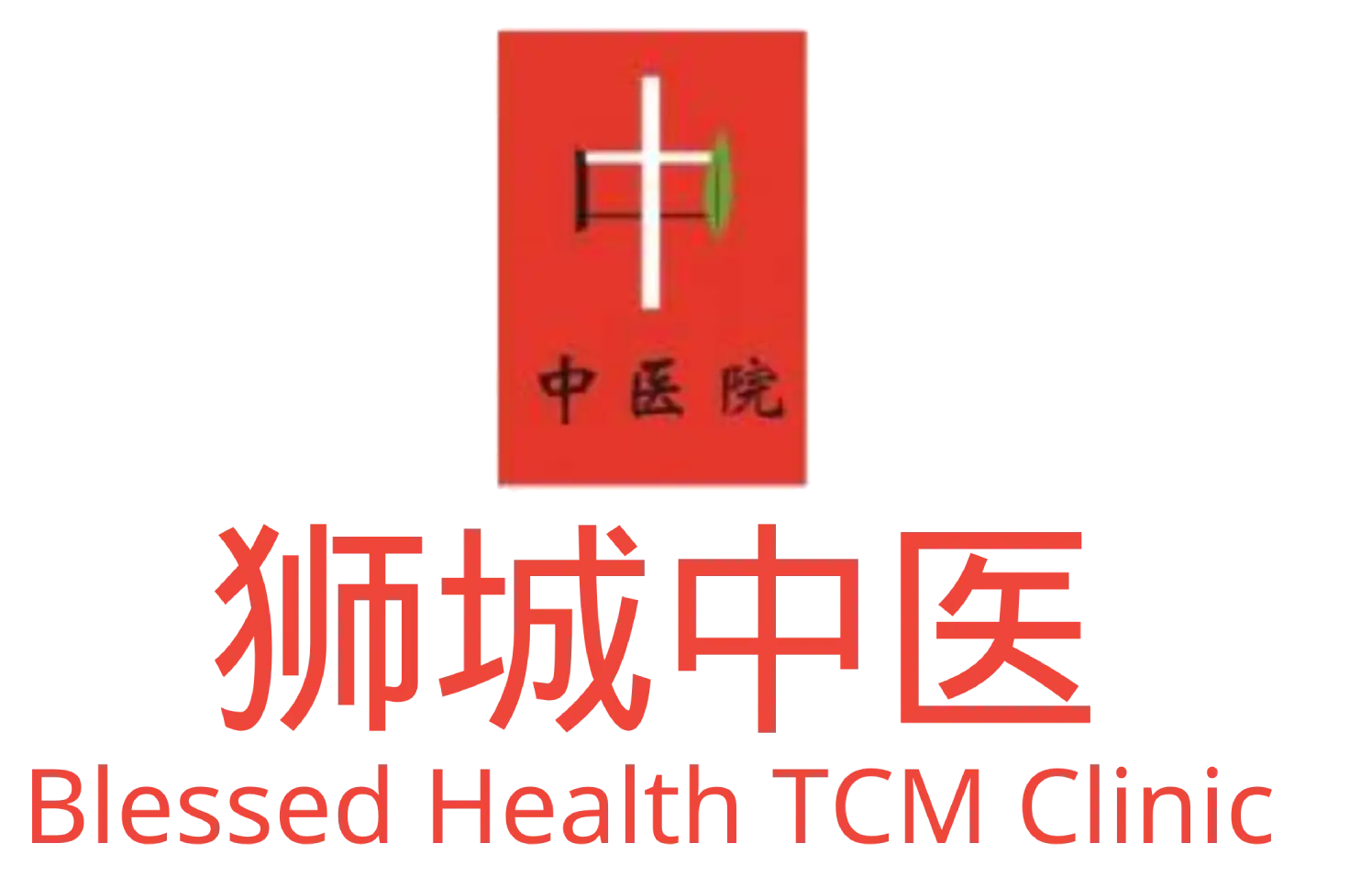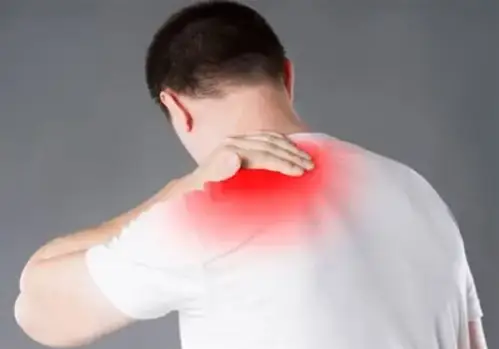
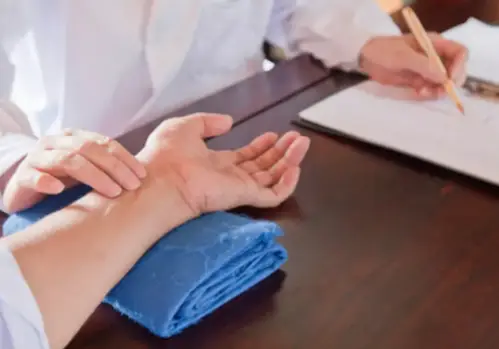
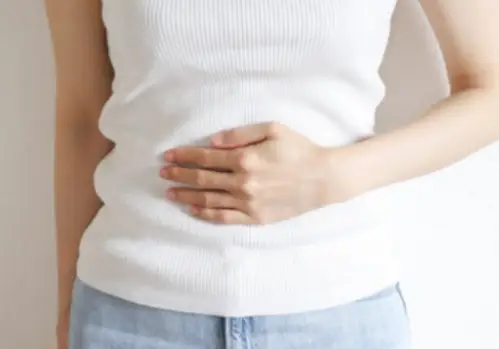
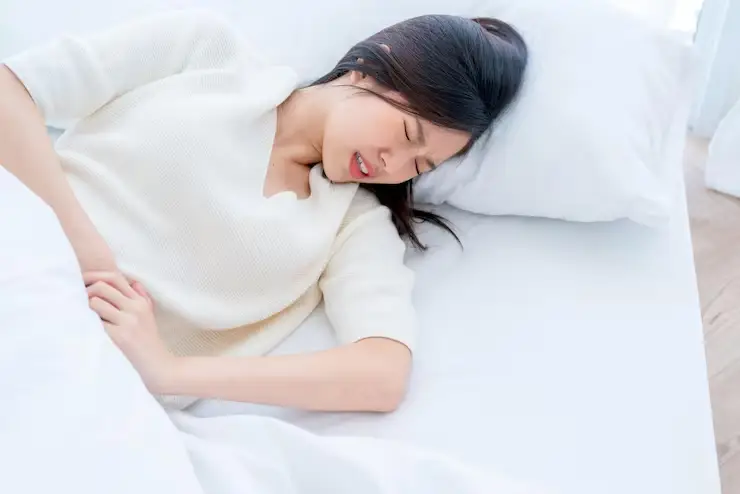
Dysmenorrhoea, also known as menstrual cramps or period pain, is a common discomfort experienced by women before or during menstruation and is frequently seen in gynaecological practice
In Traditional Chinese Medicine (TCM), it is recommended to undergo moxibustion therapy about one week before the onset of menstruation. This helps to warm the meridians, dispel cold, and improve blood and lymph circulation, thereby alleviating menstrual discomfort. The gentle heat of moxibustion not only boosts metabolism but also enhances the absorption of herbal remedies, aiding in the elimination of inflammation, adhesions, exudates, and blood clots.
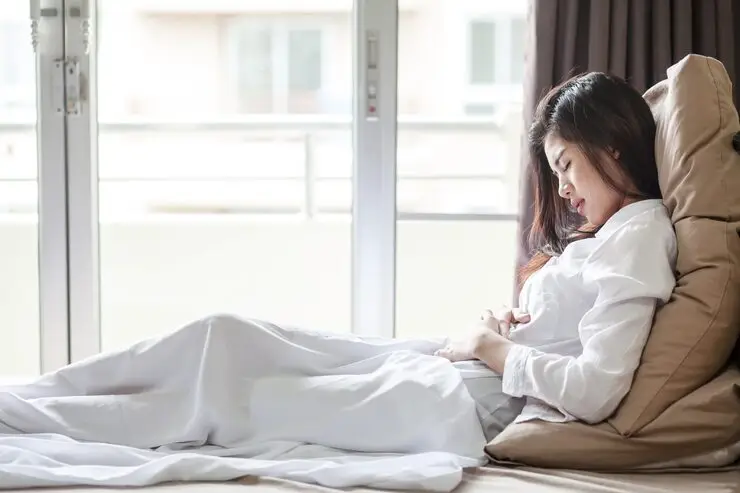
Pain or menstrual cramps are often due to the accumulation of cold pathogens, which block the flow of qi and blood.
Pain is commonly associated with qi stagnation and blood stasis, leading to poor circulation in the meridians.
Pain often results from qi and blood deficiency, leaving the uterus and related tissues undernourished.
In TCM, the standard moxibustion therapy cycle for menstrual regulation typically lasts for three to four consecutive menstrual cycles. This approach helps to warm the meridians, dispel cold, promote blood circulation, unblock the meridians, and nourish qi and blood, thereby alleviating
menstrual discomfort.
WhatsApp us
